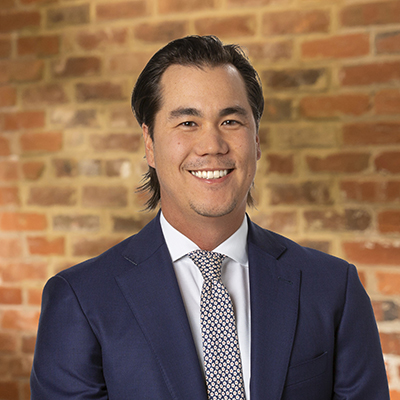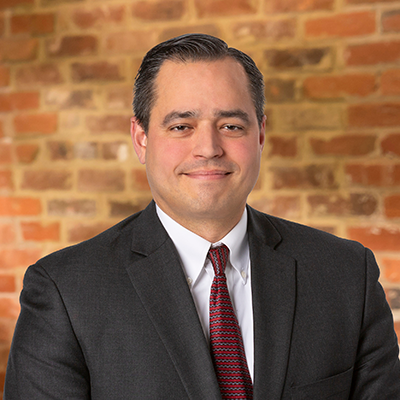Car accidents in Virginia happen in a split second but leave behind stress, bills, and frustration. When someone else causes the crash, you may wonder, Do I call my insurance if it’s not my fault? This question often comes up after an accident because many people assume that the other driver’s insurance will handle everything. The truth is, reporting the accident to your own company protects you and your claim.
If you suffered injuries or property damage in an accident another driver caused, you deserve support and fair treatment. Insurance companies don’t always act quickly or fairly, which is why many people turn to a abogado de accidentes automovilísticos for help. Speaking with an attorney near you in Virginia can give you clarity about your rights and a free consultation can explain your legal options.
Programe una consulta gratuita
Key takeaways: reporting an accident to your insurance company
- Virginia law requires that drivers report accidents promptly.
- Contacting your own company protects your coverage and claim rights.
- Relying only on the at-fault driver’s insurer often leads to delays or disputes.
- A car accident lawyer can step in when insurance companies create roadblocks.
Should I report an accident to my insurance company even if I’m not at fault?
Many drivers hesitate to involve their own insurance when another driver causes the accident. However, reporting the crash to your company plays a key role in protecting your rights. Virginia law and insurance contracts both require timely notice, and failure to report could jeopardize your benefits.
Virginia law requires timely accident reporting
Virginia drivers must report accidents that result in injury, death, or significant property damage. Law enforcement may respond, but your duty to inform your insurance company remains. If you delay, you risk losing coverage or facing legal consequences tied to your policy.
Your policy contract may mandate notification
Insurance contracts include clauses that require policyholders to notify the company of any accidents, even when they aren’t at fault. This notification allows the insurer to investigate, defend you if necessary, and provide coverage under applicable parts of your policy.
Reporting protects your coverage rights
By reporting promptly, you preserve access to benefits like uninsured or underinsured motorist coverage, medical payments coverage, or rental car reimbursement. Skipping this step could give your insurer grounds to deny coverage later.
When to notify your insurer after a not-at-fault accident
Ideally, notify your insurer within 24 hours. If you’re hospitalized or injured, have a family member contact them. Quick reporting helps prevent disputes about timing and shows good faith under your contract.
What happens if I only contact the at-fault driver’s insurance?
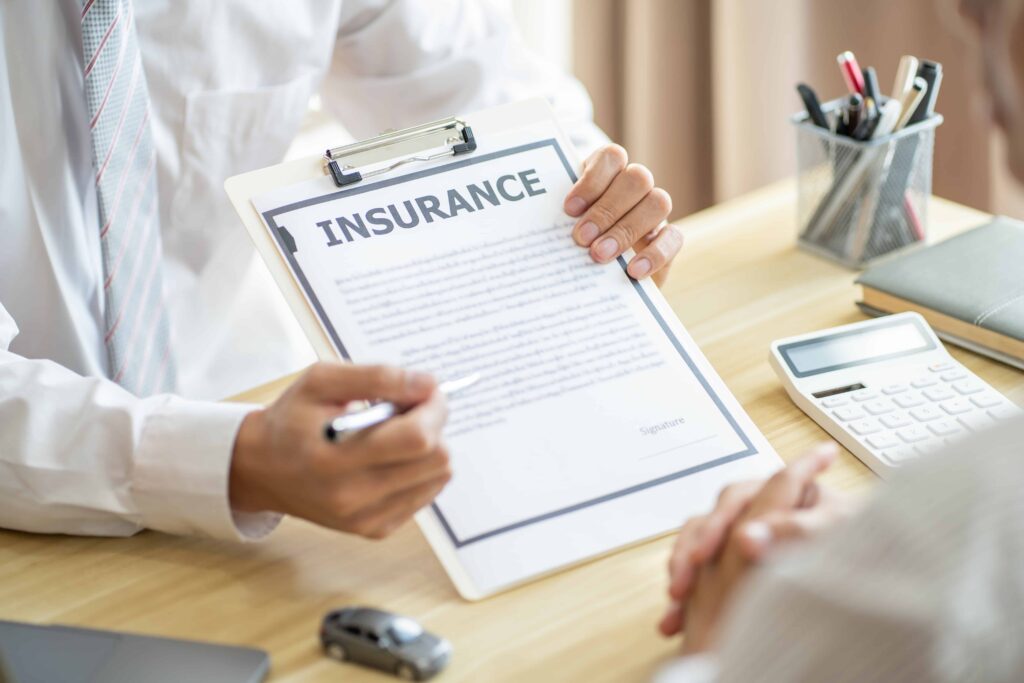
Some drivers believe they only need to deal with the other person’s insurer. While that company may eventually pay, relying on them alone creates risk.
The other insurance company doesn’t work for you
The at-fault driver’s insurer has one goal: saving money for their company. Their adjusters may seem helpful, but they don’t represent your interests. They may downplay injuries, minimize property damage, or try to shift blame.
Claim denials and delays are common
Even when fault appears obvious, insurers often drag out claims. They may dispute liability, demand more documentation, or reject parts of your claim. Without your own insurer involved, you may face weeks or months of waiting.
You may miss important deadlines
Virginia law limits how long you have to file claims. Delays caused by the at-fault insurer can run out the clock on your rights. Reporting to your company ensures you have another path for coverage.
Your own insurance can provide additional coverage options
Your insurer may pay for repairs, medical costs, or lost income upfront under your policy. They can then pursue reimbursement from the other company. This approach gets you help sooner and avoids waiting on the at-fault insurer.
Will my insurance rates go up if I report an accident that wasn’t my fault?
Fear of higher premiums keeps many people from calling their insurer. In Virginia, the rules governing rate increases protect drivers who didn’t cause the crash.
Virginia insurance rating regulations
State regulations restrict insurers from raising premiums solely because you reported an accident that wasn’t your fault. Companies must base rate increases on risk factors supported by evidence, not just on filing a claim.
No-fault accident impact on premiums
If the accident clearly wasn’t your fault, your insurer should not raise your rates. However, multiple claims or accidents within a short time frame may still influence how your company views your risk.
How insurance companies assess risk
Insurers track accident histories through shared databases. Reporting ensures the record reflects fault accurately. If you don’t report, you risk confusion or an assumption that you shared responsibility.
Documenting the other driver’s fault
Provide your insurer with police reports, witness statements, and photos. Documentation helps confirm that you didn’t cause the crash, which strengthens your protection against unfair premium hikes.
What information should I give my insurance company?
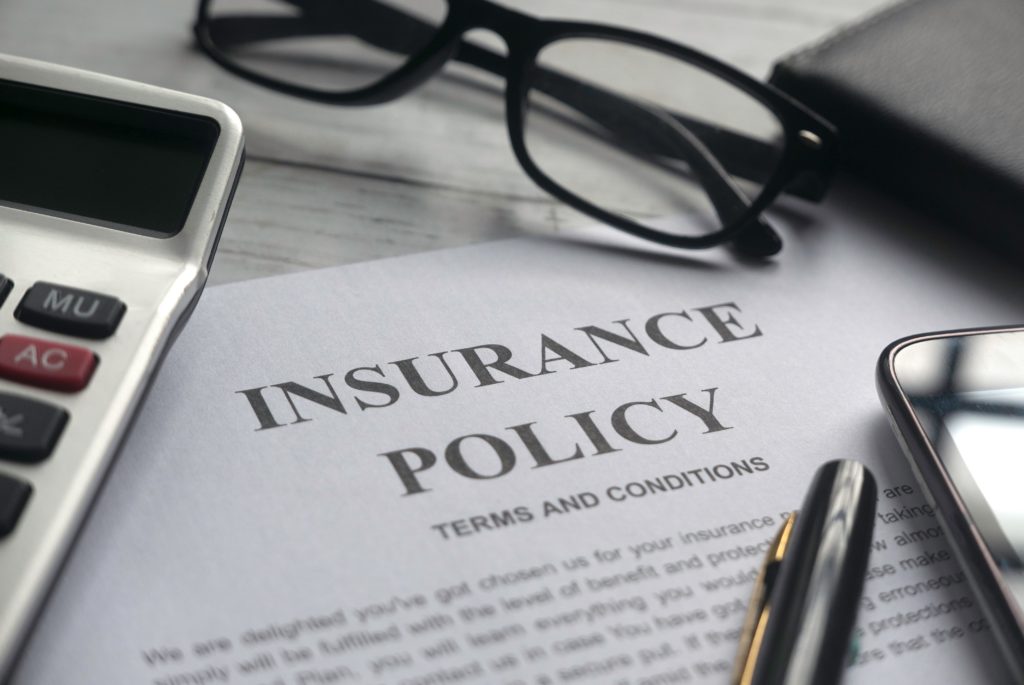
After an accident, emotions run high. Knowing what to say, and what not to say, helps protect your claim.
Stick to the facts of the accident
Give your insurer the basic details: date, time, location, and the names of those involved. Provide the police report number if available. Keep your explanation simple and accurate.
Avoid speculation about injuries or damages
Don’t guess about fault, injuries, or damage amounts. State what you know, but let medical professionals and repair experts provide assessments. Speculation could be used against you later.
Document everything before making your report
Write down your recollection of events, gather contact information from witnesses, and save photos. Having notes handy prevents memory gaps when you speak to your insurer.
What not to say when reporting a claim
Avoid admitting fault or apologizing for the accident. Even innocent phrases like “I didn’t see them” may be twisted. Stick to the facts, not opinions.
Can my own insurance company help if the other driver is at fault?
Your own policy may provide valuable coverage when another driver causes the crash. These options can fill gaps or provide immediate help.
Understanding uninsured motorist coverage in Virginia
If the at-fault driver has no insurance, your uninsured motorist coverage steps in. Virginia requires drivers to carry this protection, giving you a safety net.
Underinsured motorist protection
If the other driver’s policy limits aren’t enough to cover your losses, underinsured motorist coverage applies. This benefit helps with medical expenses, lost wages, and more when the other driver falls short.
MedPay coverage for immediate medical bills
Medical payments coverage, or MedPay, pays your medical bills regardless of fault. This coverage offers quick relief for hospital visits, ambulance rides, or follow-up care.
Collision coverage as a backup option
Collision coverage may pay for repairs to your vehicle even if the other driver caused the crash. Your insurer may later recover the cost from the at-fault insurer.
What are my rights when dealing with insurance companies in Virginia?
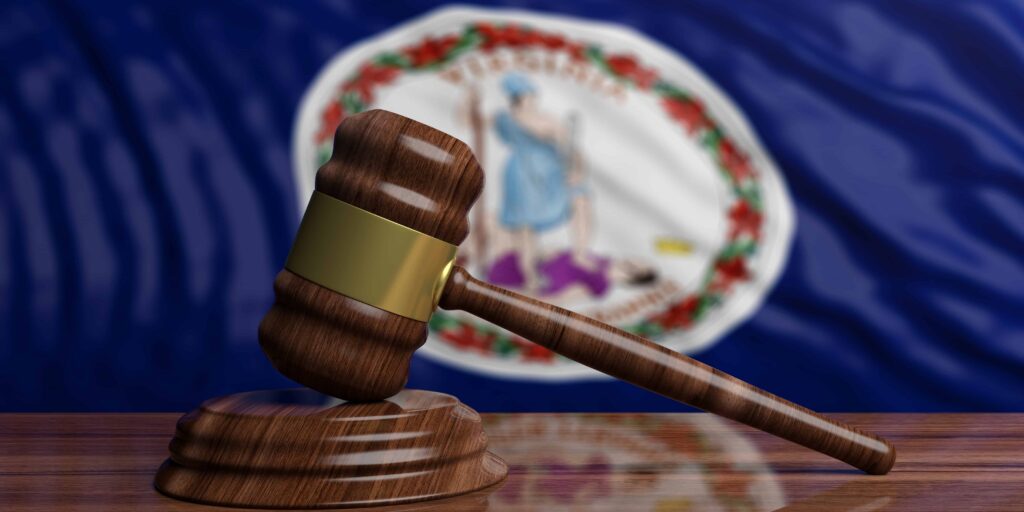
Insurance companies sometimes pressure injured people to settle quickly or accept less. Virginia law gives you protections.
You have the right to legal representation
You don’t have to face insurers alone. A lawyer can deal with adjusters, negotiate settlements, and ensure fair treatment.
Virginia’s statute of limitations for personal injury claims
Virginia gives injured people dos años to file a personal injury lawsuit. Missing this deadline can bar recovery, so taking timely action matters.
Protection against bad faith insurance practices
Insurers must handle claims in good faith. If they unreasonably deny or delay payment, they can face legal consequences.
Your right to fair compensation
You have the right to seek compensation for your losses, including medical care, property damage, lost income, and pain from your injuries.
Common mistakes to avoid after a not-at-fault accident
Even with the law on your side, certain missteps weaken your claim.
Delaying your report to any insurance company
Waiting too long to notify your insurer or the other company can hurt your claim. Prompt reporting prevents disputes about timing.
Accepting a quick settlement offer
Insurers sometimes offer a small payment quickly. Accepting it may close your case before you know the full extent of your losses.
Giving a recorded statement without legal advice
Insurance adjusters often ask for recorded statements. Speaking without guidance can lead to misstatements or phrases taken out of context.
Signing a release before understanding your damages
Never sign a release form until you know your medical outcome and repair costs. Signing too soon may prevent further recovery.
How our attorneys can help
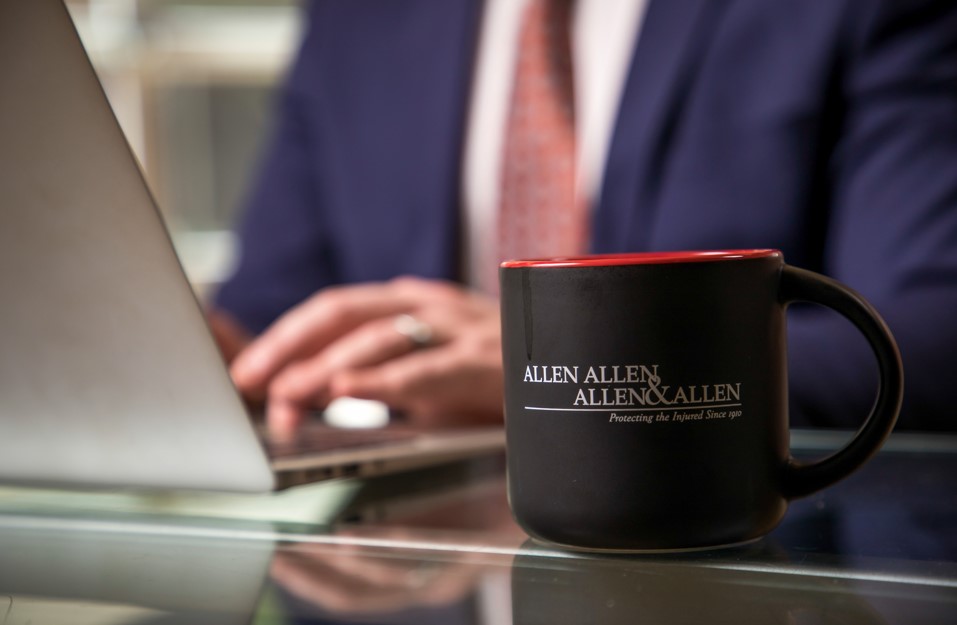
Allen & Allen has served Virginians for over a century. We help clients deal with insurance companies and protect their rights after accidents.
We handle all insurance communications
Our attorneys take over phone calls, emails, and letters with insurers. This keeps you from dealing with stressful interactions and protects your claim from adjuster tactics.
We investigate and document fault
We gather police reports, witness accounts, and accident reconstructions. Our goal is to clearly establish fault and protect you from blame-shifting attempts.
We maximize your compensation
We review your medical records, lost wages, and long-term needs. Our work focuses on recovering the full value of what you’ve lost.
We protect you from insurance company tactics
Insurers may downplay your injuries or offer low settlements. We stand up to these tactics and press for fair treatment.
We navigate Virginia’s complex insurance laws
Virginia law involves unique rules on fault, contributory negligence, and coverage. Our attorneys know these rules and apply them to strengthen your case.
Why choose Allen & Allen
Allen & Allen has guided clients through car accident claims since 1910. For more than 100 years, we have built trust through integrity, respect, compassion, and fairness. We commit to more than simply providing legal representation.
We commit to making your fight our fight, ensuring you are treated fairly by insurance companies, and obtaining justice on your behalf. That’s what we mean when we say, “I am an Allen.”
Our legacy reflects our values, and every client receives care that shows compassion and respect for their situation.
Frequently asked questions about calling insurance company after an accident
Do I have to let the other driver’s insurance company inspect my vehicle?
You don’t have to allow the other company direct access to your car. You may choose your own repair shop and provide estimates instead.
Can I choose my own repair shop if the other driver’s insurance is paying?
Yes, Virginia law lets you select your repair shop. Insurers may suggest preferred shops, but the decision belongs to you.
What if the at-fault driver doesn’t have insurance in Virginia?
Your uninsured motorist coverage pays in that situation. This coverage stands as a safeguard for drivers harmed by uninsured motorists.
How long do I have to file a claim with the at-fault driver’s insurance?
You generally have two years to file for personal injury and five years for property damage in Virginia. However, earlier action strengthens your case.
What should I do if both insurance companies are denying my claim?
If both companies deny, you may need to presentar una demanda. A lawyer can review your options and take legal steps to hold the responsible parties accountable.
Let our car accident lawyers in Virginia help
Car accident claims involve deadlines, insurance tactics, and the need for strong evidence. Waiting too long risks your rights. Allen y Allen has represented Virginians for more than a century, always guided by compassion, respect, and trust.
Our attorneys stand ready to protect your interests and ensure that insurance companies treat you fairly. Póngase en contacto con nosotros hoy for a free consultation and learn how we can help with your case.



